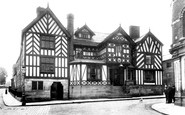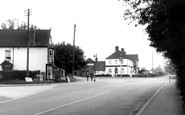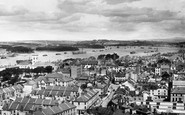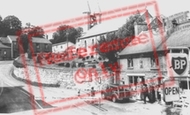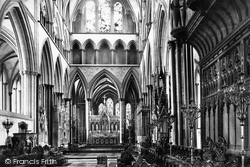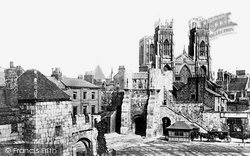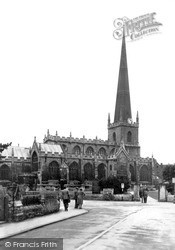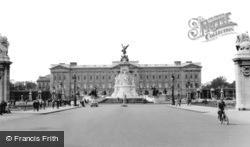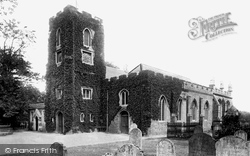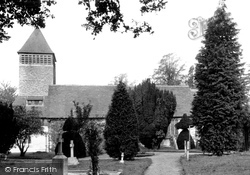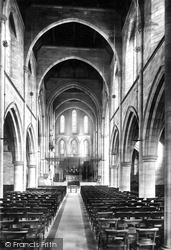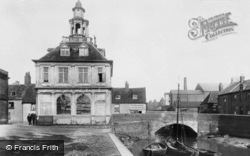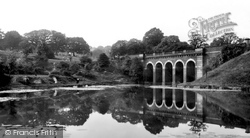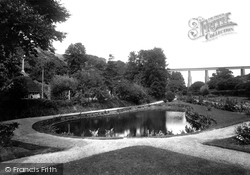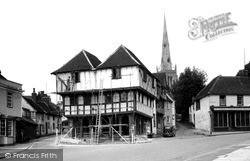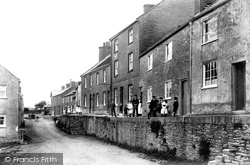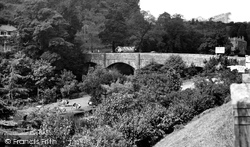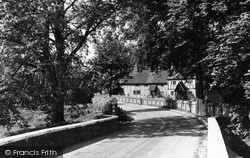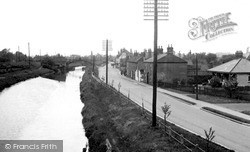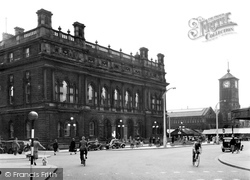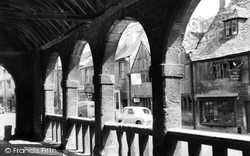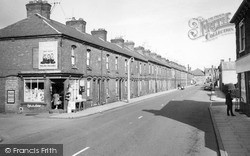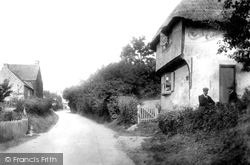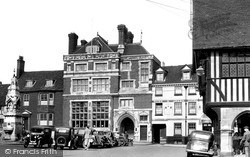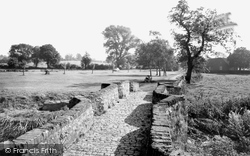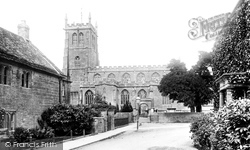Places
Sorry, no places were found that related to your search.
Photos
5 photos found. Showing results 441 to 5.
Maps
83 maps found.
Books
Sorry, no books were found that related to your search.
Memories
1,127 memories found. Showing results 221 to 230.
The Lion & Swan Congleton Cheshire
The Lion & Swan Hotel Congleton Story has it that The Lion & Swan in Congleton was made from ancient timbers, even today there are some solid twelve inch by twelve inch supports on display but who knows ...Read more
A memory of Congleton by
The Lights Of Home
I was brought up in Glenboig. I went to the school that sank, what great memories I have of the old teachers, Mr Mcafee, Mr Gallacher, Mr O'Neill, Mrs Hughes, Mrs Deerie, Mrs Egan and Mrs Clinton in Room 1. I had moved away by ...Read more
A memory of Glenboig by
The Laurels, Lindford
I stayed with my Grandfather and Grandmother Group Capt and Mrs Allerston in the 1960's during the Summer Holidays and sometimes at Christmas, I used to love the old big house. There was a big sweeping driveway which went past ...Read more
A memory of Lindford by
The Lane
I grew up in Peckham, went to Peckham Rye Primary school, Peckham Rye park and common was in fact my playground, how lucky was I! This was in the late 1960s, early 1970s. My mum did all her shopping down the lane, she was a dressmaker ...Read more
A memory of Peckham in 1969 by
The Kings Arms Marston's 1807
My Uncle Frank and Aunt Vi managed this pub back in the 60's. My Uncle, Frank Edward Betts was Mayor of Appleby in 1954 and was a manager at Express Dairies. I am trying to find out if this pub still ...Read more
A memory of Appleby-in-Westmorland by
The House We Lived In
I remember moving into a large old house on the corner of Oakes Road South and Tanyard Road back in 1956/1957 when I was around 6 years old. The house was named 'Hollins House' and had enormous rooms with high ceilings and a ...Read more
A memory of Oakes in 1960 by
The Hough
when I was about a year old I moved to the Hough from Englesea Brook, where my parents lived for a couple of years. I went to school at Shavington and was good friends with John Addison, Alan Giller (the latter ...Read more
A memory of Hough by
The Hill 1951 To 1965
Moved from the East End to Wigton Road in 1951. First memories; going to Romford market seeing the livestock by Laurie Hall. Playing in the woods behind Quarles, all types of street games. My best was book and skate ...Read more
A memory of Harold Hill by
The Hamoaze, Not Hamvaze!
When I lived in Plymouth as a child in the 50s and 60s I went to a primary school at Keyham, part of Devonport. The bus would drop me off near Camel`s Head Creek, which was part of The Hamoaze. In those days the water ...Read more
A memory of Devonport by
The Good Old Days At Betws Yn Rhos
Seeing this picture brings back many memories of helping my father to serve Petrol at our small village shop, called Min Afon Stores. Not too sure if that is not me, in the picture, as we actually went out to ...Read more
A memory of Betws-yn-Rhos by
Captions
1,233 captions found. Showing results 529 to 552.
The light Chilmark limestone, quarried only ten miles away, contrasts with the dark Purbeck marble of the slender shafts supporting the arches.
The stone-arched building on the right was the postern tower built in 1497 on St Mary's Abbey walls; it is now an office for First York Buses.
The two-storey north porch has a two- centred arch. The east window dates from 1846- 48.
Marble Arch stood here in the Mall until 1850, when it was removed to its present position at the top of Park Lane.The Mall, an expansive and formal approach to the Palace, is fringed with limes
The yellow brick west tower has a re-used Norman zig-zag arch to the doorway.
The chancel and nave walls are more than 700 years old, and the nave arches were fashioned out of chalk from nearby Odiham.
The high arched ceiling is supported on slim pillars of pale stone, creating a light and welcoming interior. The pulpit is of alabaster and the screen of ironwork.
The opening in 1912 of the County Hall in Cathays Park provided a much-needed centrally contained administrative centre for Glamorgan.
It began life as the Merchants' Exchange, with an open-arched arcade on the ground floor. This was blocked in 1718 when the building was converted for use as a Customs House.
The five-arch later 19th-century red-brick bridge still rather pompously carries a narrow roadway across the pond in the south west angle of the Heath.
Its iron girders were replaced in 1939 with stone arches.
Controversially, he removed the plasterwork - thus exposing the timber-framing - and disposed of the 500-year- old arches between the posts on the ground floor.
It is best known for the beauty of the architecture of its two churches: the ancient building has been sympathetically restored, and the newer place of worship has four impressive stone arches
Dart Bridge is the first on the river to be built from anything other than granite - its four arches are constructed from local limestone.
At Water End, the River Gade runs under the fine three-arched bridge and through water meadows shaded by beech, willow and oak trees.
The arch is that to the 1911 pipe bridge that carries Lincoln's water from Nottinghamshire. The present footbridge is a Victorian one placed here in 1987.
This is how local historian W A Abram described the Town Hall: 'The west front, 120 feet wide, with an elevation of 63 feet, presents the main entrance in the centre, by three massive arched doorways
Here we glimpse the High Street through the arches of the Market Hall, which was built in 1627 at the expense of Sir Baptist Hicks.
Bootscrapers, timber-sashed windows and moulded brick arched heads to the ground floor windows and doors provide a quality so often lacking in modern housing.
The 19th-century squire, Sir Edward Cholmeley Dering, had every window in the village altered to have rounded lights under an exterior arch in the belief that this would bring good luck.
The storks in the spandrels of the doorway arch are often found on Gibson buildings. In the late 19th century the bank of the Gibsons amalgamated with others to form Barclays.
It is thought that Macbeth may have lived at Inverness Castle, or used it as a base for operations against the Orcadians.The suspension bridge superseded a stone bridge of seven arches, which was destroyed
On the south-east side of the village the five-arch stone bridge, perhaps of the 16th century, steps quietly across the very reedy Rotherby Brook.
To the left are the arched and mullioned windows of the 1661 Almshouses; partly hidden is Ashlar House, which is mid 18th- century and set at the corner of Pound Lane, which leads to the moated Manor
Places (0)
Photos (5)
Memories (1127)
Books (0)
Maps (83)

